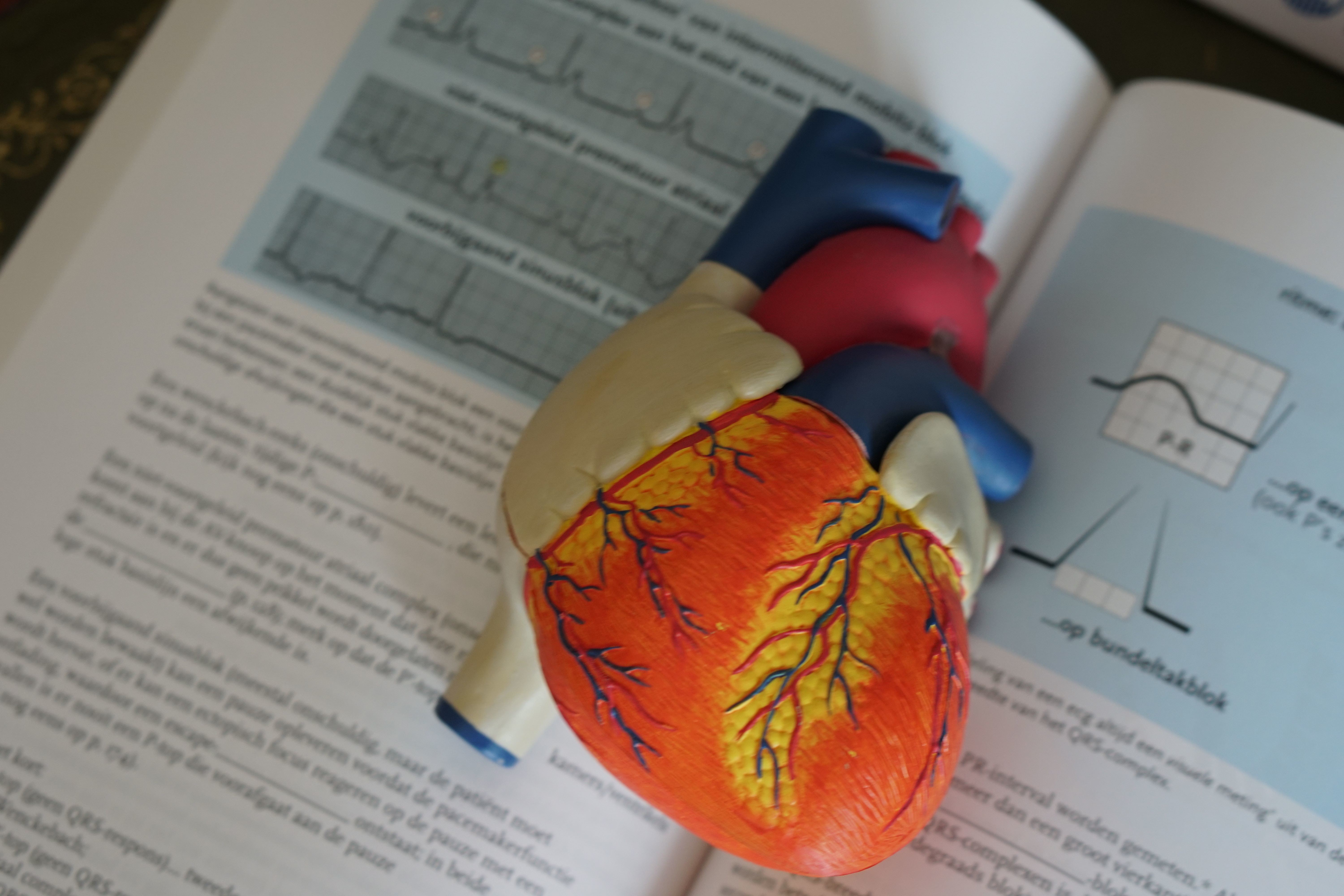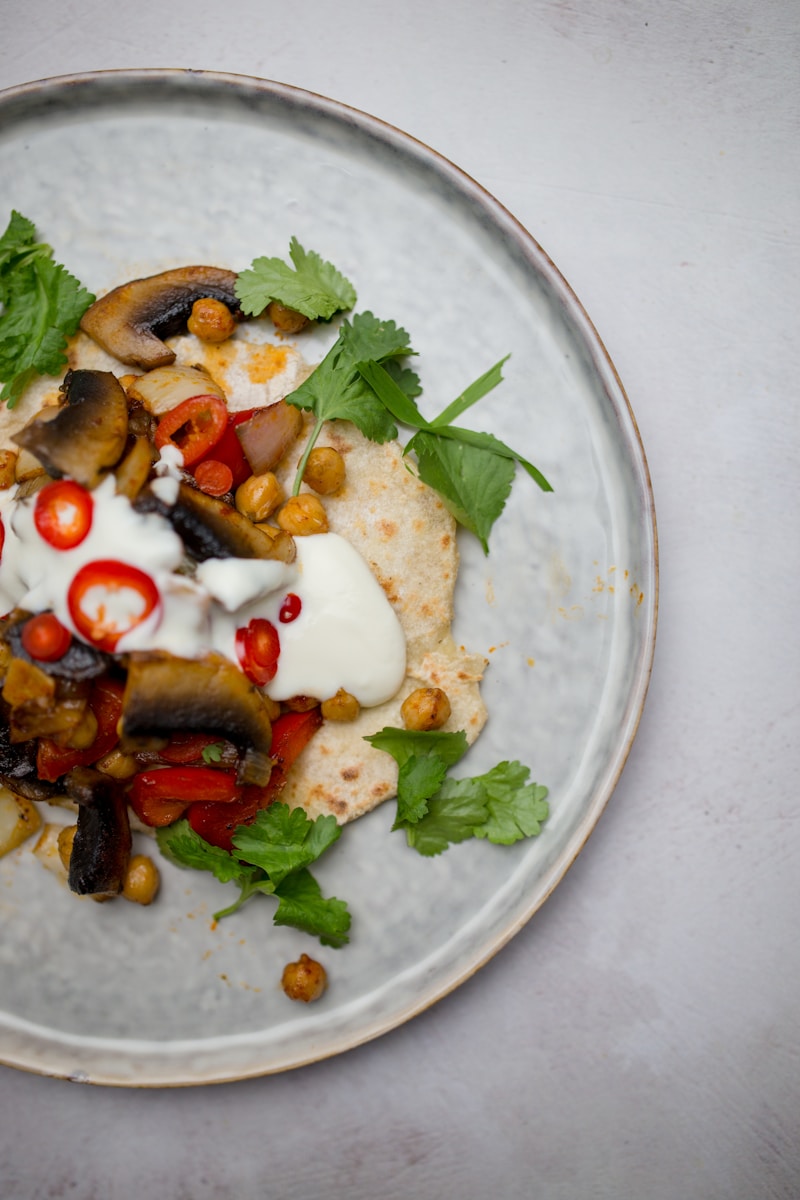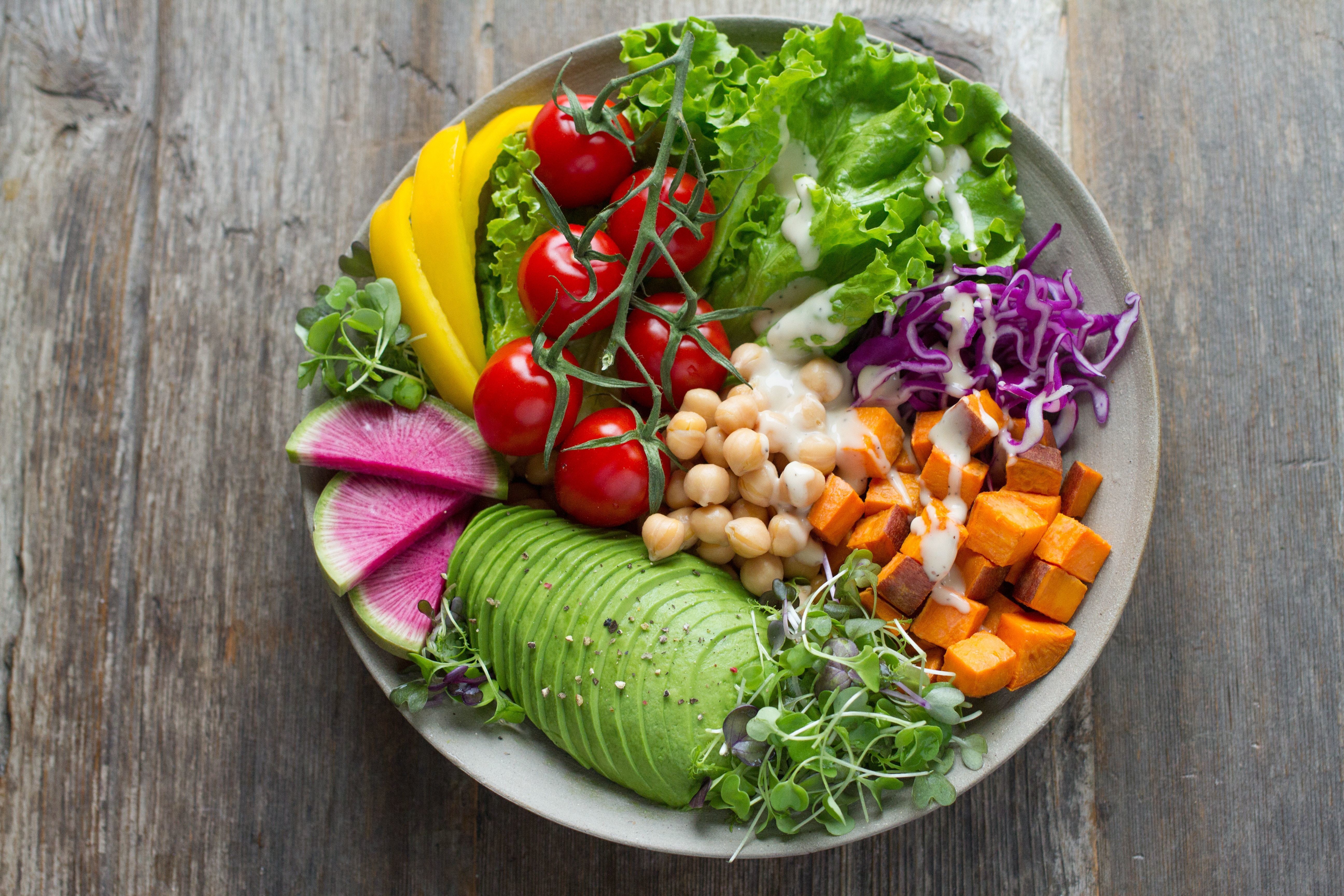The Saturated Fat Myth: What the Research Really Says About Coconut Oil
Coconut oil is a rich source of saturated fat. Wait– saturated fat? The bad stuff that causes heart attacks? Not quite.
Saturated fat has been enemy number one in the fight against cardiovascular disease (CVD) since the 1960s. The idea that fat hurts the heart comes from research that correlated meat intake (the most common source of saturated fat in the standard westernized diet) with cardiovascular disease.
Not only did these studies fail to factor in all the other parts of meat that do cause heart disease (hello, TMOA), but they also based their findings on epidemiological study designs. These are studies where researchers ask people what they ate – the weakest source of data one could possibly draw a conclusion from. Can you remember what you had for lunch last Tuesday? We can't. And we wouldn't base a scientific finding on our memories.
Here's what's really going on, based on higher quality research and meta-analysis:
Saturated fat does not cause cardiovascular disease1.
That's right. And we've known this for almost a decade! The researchers of this meta-study examined the available studies and found that, “there is no significant evidence for concluding that dietary saturated fat is associated with an increased risk of CHD or CVD”2.
So why is the American Heart Association still advising people to cut all saturated fats like coconut oil out of their diets?
This is the theory:
Saturated fat increases LDL cholesterol (in some people). High levels of LDL cholesterol has been seen in (some) people who die from heart disease. Therefore, saturated fat will give you heart disease and should be avoided at all costs.
There are just a few problems with this equation. Let's break it down:
Cholesterol Levels Don't Predict Heart Disease
Saturated fat raises cholesterol levels. Big deal.
Cholesterol levels don't predict heart disease or atherosclerosis3. If having high cholesterol caused atherosclerosis (a thickening and hardening of the arteries), then people with high cholesterol should have more atherosclerosis than people with low cholesterol, right? Dozens of research trials have found that this simply isn't true.

The authors of a comprehensive review of major research highlighted that people with low cholesterol frequently experience atherosclerosis at the same rate and severity as people with higher cholesterol levels4.
The risk of suffering from CVD appears to be the same or – in some cases – higher when you have lower cholesterol. The authors say, “The cholesterol hypothesis has been kept alive for decades by reviewers who have used misleading statistics, excluded the results from unsuccessful trials and ignored numerous contradictory observations.”
Did you know that cholesterol is needed for the body to create hormones that help us deal with stress? Or that cholesterol actually inactivates most types of microorganisms and their toxic bi-products? One hypothesis is that cardiovascular disease is actually caused by infectious diseases, and the increase in cholesterol often seen alongside CVD is actually a healthy immune response to the infection5.
Cholesterol is necessary for the body to:
- Create sex hormones like estrogen, testosterone, and progesterone
- Form tissues and repair wounds
- Protect the body against the effects of stress
- Absorb fat-soluble nutrients like vitamin A, vitamin K, and vitamin E
- Digest food
- Mount immune attacks
LDL Cholesterol: Not the Sole Cause of Atherosclerosis
LDL cholesterol is known as “bad” cholesterol – a grossly misinformed label. LDL stands for “low density lipoprotein” and it is actually a molecule that carries cholesterol. It's considered dangerous because it moves cholesterol out of the liver and into the tissues – on its way there, it could deposit that cholesterol in the arteries and cause atherosclerosis!

True, sometimes it does. Some people with high LDL cholesterol later go on to develop cardiovascular disease – but association is not the same as causation. An increase in LDL cholesterol isn't a guaranteed heart attack waiting to happen.
All cardiovascular diseases require a collection of risk factors to be at play – high LDL cholesterol is just one of many risk factors, because LDL only becomes dangerous if the environment in the blood vessels is already pro-oxidative and pro-inflammatory.
Coconut Oil’s Protective Benefits: A Counter to Oxidative Stress
Research that blames LDL cholesterol for atherosclerosis rarely adjusts for the factors that we know for sure create that kind of environment and do contribute to heart disease – mental stress, inflammation, infections, and damage to the blood vessels. Guess what actually improves antioxidant status to counter that oxidative, inflammatory environment? Coconut oil6.
And if you're still worried about LDL levels, check out this research: In a 2017 trial, students who took coconut oil every day for eight weeks actually experienced an increase in HDL (“good”) cholesterol levels. This occurred without any changes to total cholesterol, triglycerides, or LDL cholesterol levels7. If anything, this is considered protective against cardiovascular disease.
There's Still No Good Reason to Eat Meat
Following the latest research on saturated fat, bloggers and meat-fiends are declaring meat as “healthy again”. Don't fall for it.
The research on meat and cardiovascular disease is actually pretty tight – even though saturated fat is safe, meat itself still contributes to cardiovascular disease and increases risk of heart attack8.
Red meat contains nitrosamines, TMAO, and haem-iron while white meats are often packed with preservatives – all of these nasties have been shown to independently contribute to CVD9.
Plant-Based Diets: The Best Strategy for Cardiovascular Health
The absence of the animal-derived oxidative elements in the diet is one factor, but plant foods also provide their own positive, protective benefits. One study highlights that “not all proteins are equal” and that a high intake of plant-based protein sources can lower the risk of CVD by 30%10.

There's even more reason to switch to plant-based saturated fats if you're still worried about LDL cholesterol. Despite the blog posts suggesting that coconut oil sky-rockets LDL levels, new research is suggesting that's not always true:
- A trial in 2018 compared the effects of coconut oil and butter on cholesterol levels. Despite both containing high amounts of saturated fats, butter increased LDL cholesterol while coconut oil had a protective effect11.
Coconut oil might increase your cholesterol. It might even cause your LDL cholesterol to increase. But there's more to cardiovascular disease than LDL levels. Be sure to eat other plant-based fat sources like avocados and nuts, but you can keep using coconut oil — like everything else, just eat it in moderate amounts.
References:
- Siri-Tarino, P. W., et al. (2010) Meta-analysis of prospective cohort studies evaluating the association of saturated fat with cardiovascular disease. Am J Clin Nutr., 91:3, 535 – 546. https://www.ncbi.nlm.nih.gov/pubmed/20071648
- Siri-Tarino, P. W., et al. (2010) Meta-analysis of prospective cohort studies evaluating the association of saturated fat with cardiovascular disease. Am J Clin Nutr., 91:3, 535 – 546. https://www.ncbi.nlm.nih.gov/pubmed/20071648
- Ravnskov, U., et al. (2018) LDL-C does not cause cardiovascular disease: a comprehensive review of the current literature. Expert Rev Clin Pharmacol., 11:10, 959:970, https://www.ncbi.nlm.nih.gov/pubmed/30198808
- Anderson, K. M., et al. (1987) Cholesterol and mortality. 30 years of follow-up from the Framingham study. JAMA, 257:16, 2176 – 80. https://www.ncbi.nlm.nih.gov/pubmed/3560398
- Ravnskov, U. & McCully, K. S. (2012) Infections may be causal in the pathogenesis of atherosclerosis. Am J Med Sci, 344, 391- 394. doi: 10.1097/MAJ.0b013e31824ba6e0
- Robinson, S. A. (2017) Short-Term Ingestion of Virgin Coconut Oil Improves Endothelial-Dependent Dilation but not Exercise-Mediated Hyperemia in Healthy Young Adults. Dalhousie University, Halifax. https://dalspace.library.dal.ca/bitstream/handle/10222/73274/Robinson-Susan-MSc-KINE-July-2017.pdf?sequence=1&isAllowed=y
- Chinwong, S., et al. (2017) Daily Consumption of Virgin Coconut Oil Increases High-Density Lipoprotein Cholesterol Levels in Healthy Volunteers: A Randomized Crossover Trial. Evid Based Complement Alternat Med., 2017, https://www.ncbi.nlm.nih.gov/pmc/articles/PMC5745680/
- Joosen, A. M., et al. (2009) Effect of processed and red meat on endogenous nitrosation and DNA damage. Carcinogenesis., 30:8, 1402- 1407.https://www.ncbi.nlm.nih.gov/pubmed/19498009/
- Kim, Y. & Je, Y. (2018) Meat Consumption and Risk of Metabolic Syndrome: Results from the Korean Population and a Meta-Analysis of Observational Studies. Nutrients., 10:4, 390. https://www.ncbi.nlm.nih.gov/pmc/articles/PMC5946175/
- Keleeman, L. E., et al. (2005) Associations of dietary protein with disease and mortality in a prospective study of postmenopausal women. Am J Epidemiol., 161:3, 239 – 249. https://www.ncbi.nlm.nih.gov/pubmed/15671256
- Khaw, K. T., et al. (2018) Randomised trial of coconut oil, olive oil or butter on blood lipids and other cardiovascular risk factors in healthy men and women. BMJ Open., 8:3, https://www.ncbi.nlm.nih.gov/pubmed/29511019
